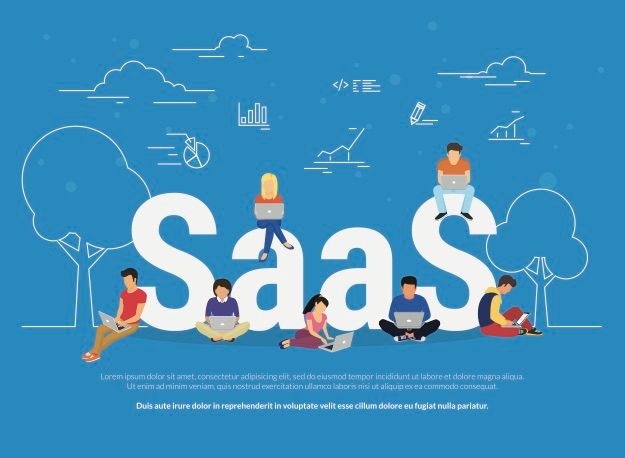Why 'Global from Day One' Is a Half-truth
SaaS companies can go global from day one. This statement, and variants, will frequently surface whenever someone in a software company expounds on international expansion. But the statement that SaaS businesses are born global is only half true. A closer examination will reveal a mistake.

“A half-truth is even more dangerous than a lie. A lie, you can detect at some stage, but half a truth is sure to mislead you for long.” ― Anurag Shourie, Half A Shadow
Here is why I think that statement is only partially true and can be dangerous.
It's true that SaaS businesses don't have to deal with the friction that other types of companies face. Unlike packages shipped from a Shopify store, their products don't get stopped at the border by customs inspectors. Executives are not concerned with locating manufacturing facilities close to ports or transportation conduits. And SaaS businesses are largely immune to duties and tariffs, although not to taxes.
And although the assertion that SaaS companies can go global from day one is further reinforced by case studies from companies like LinkedIn, Twitter, Facebook and Dropbox. Those stories emphasize their success frequently after the fact. And they often don't mention failures or required adaptation when it comes to customer acquisition or onboarding.
The truth is that within the 'go global' mantra lies a single critical assumption. An unspoken assumption which I think is largely responsible for their global success and scale. It is not that their business model alone - SaaS - makes them well suited to international expansion. It is their value proposition.
They succeeded not because they are a SaaS business, but mainly because the value proposition of their business holds global appeal. Successful global companies have a global value proposition.
But here is the hidden truth. Although most SaaS companies conflate their global value proposition with their business model, it almost always requires a high degree of adaptation. No element of a business model, be it SaaS or anything else, is global from day one. Customers, channels and cost structure all vary by country and locale, which calls for adaptation. In fact, there is an entire industry built around that process of adaptation. Most commonly it's called localization.
SaaS businesses should not assume that because they are built with software they are destined to become global. Instead, they should focus on evaluating the applicability of their value proposition and allow for other elements of their business model to change from country to country. Failure to delineate critical success factors and assess the adaptability of business model components can lead to a failed international expansion.
Many thanks to Tatiana Ryabinina, Cross-cultural marketing strategist & management consultant, for her critical review and reworking of this article.
You can reach Tatiana at https://www.tatianaryabinina.com/blog
